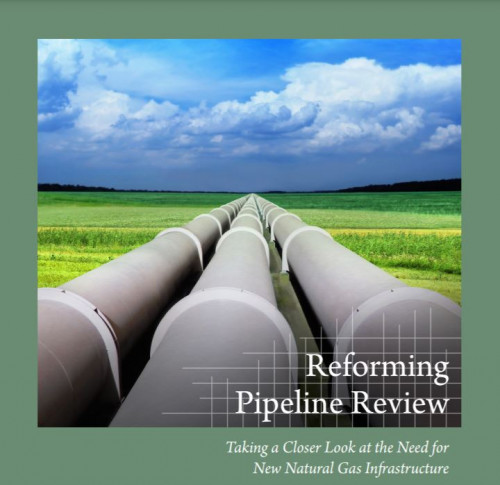The Federal Energy Regulatory Commission (FERC) uses a flawed process to evaluate the need for new, long-lasting gas infrastructure such as interstate pipelines, resulting in a certification process that fails to serve the public interest.
As FERC begins to re-examine its approval process for new natural gas infrastructure, our report analyzes the Commission’s authority to consider a broader range of factors when deciding whether a proposed project is in the public interest. The report offers four key recommendations for reform.
To determine whether a new gas project is needed, FERC should not only consider whether pipeline developers can secure contracts with gas shippers (as in current practice), but should also:
- Consider project need through a regional lens to avoid overbuilding, prevent unjust gas transport rates, and ensure cost-effective natural gas infrastructure is developed.
- Incorporate electric transmission in this analysis to coordinate gas and electric infrastructure decisions holistically.
- Account for climate-related transition risk, including an increasingly decarbonized resource mix and potential costs of stranded assets.
- Consider a project’s climate impacts, using monetized damage estimates.

